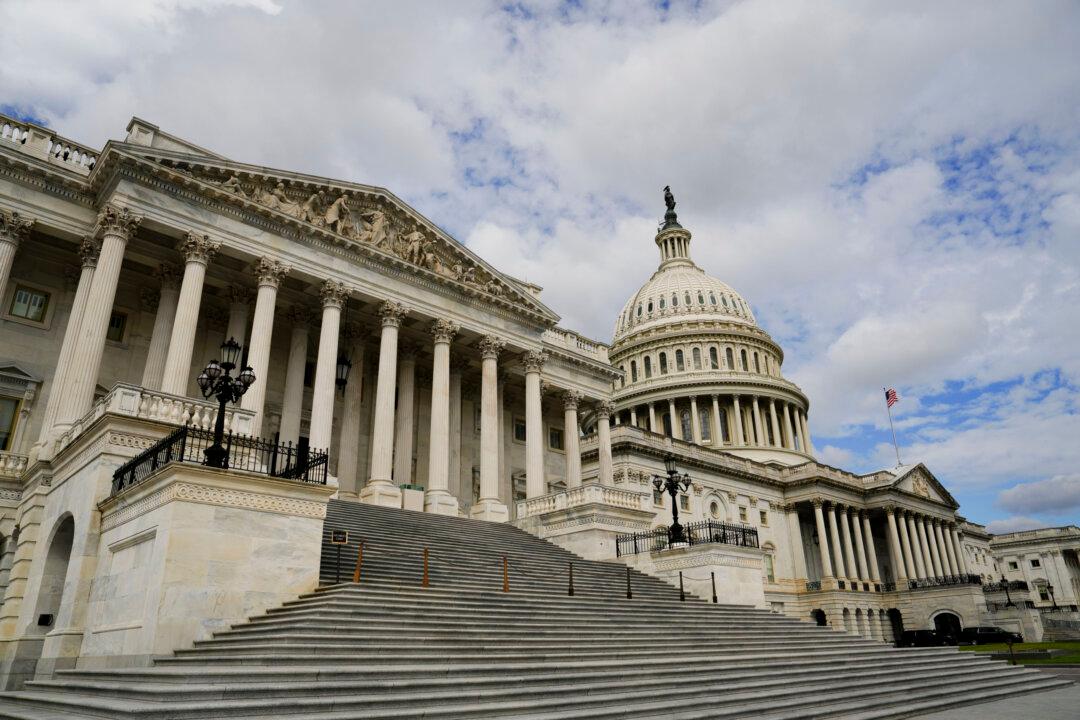Commentary
What strategic quality provides the overarching strength for a state, a society, or individuals in a world of complex, intertwined threats and eviscerated trust?

What strategic quality provides the overarching strength for a state, a society, or individuals in a world of complex, intertwined threats and eviscerated trust?